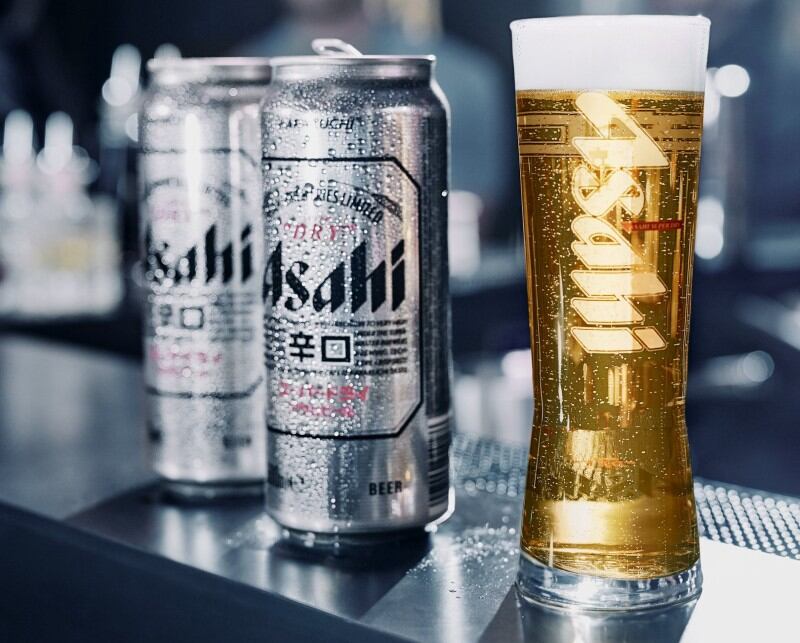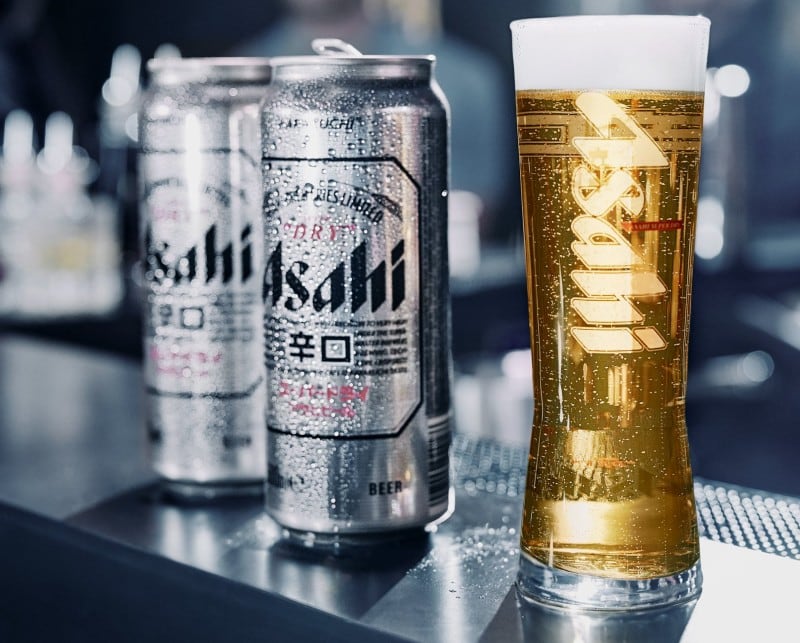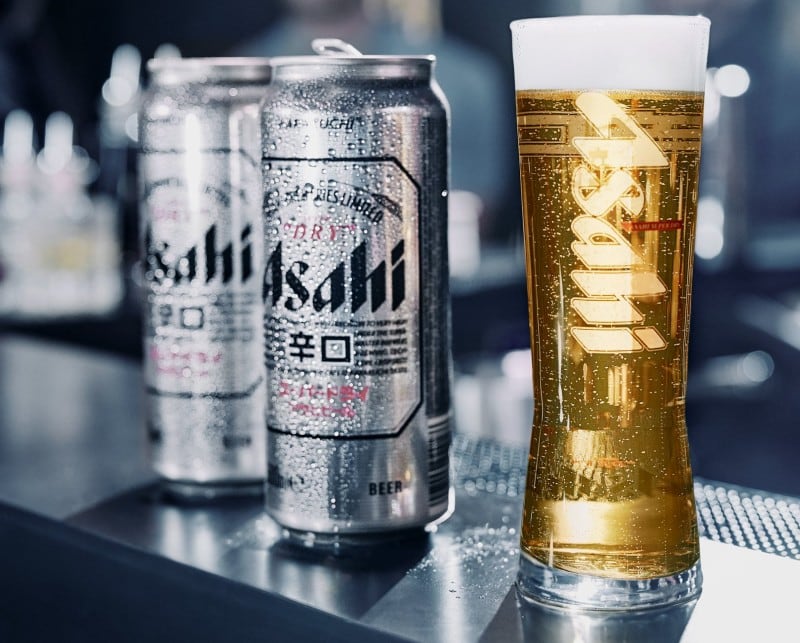Asahi published its FY2022 full year financial results earlier this month, announcing an overall 8% growth in revenue to hit JPY2.51tn (US$25.1bn) and 5.9% growth in profits to hit JPY243.8bn (US$2.44bn) despite the firm’s earlier worries during its H1FY2022 financial results announcement regarding cost pressures.
These positive growth numbers were attributed by the firm to the implementation of its premiumisation strategy and performance of its international markets, further strengthening its resolve to continue along the premium path.
“We have delivered a strong performance in 2022 through flexible pricing strategies, rigorous cost management, and promotion of our ‘premium strategy’ despite a challenging business environment,” Asahi President and CEO Atsushi Katsuki said via a formal statement announcing the full year results.
“All the regions that we do business in [from Japan to Europe to Oceania to South East Asia] achieved year-on-year sales growth through implementation of the premium strategy [in addition] to the recovery of our on-premise channels with the easing of COVID-19 restrictions.
“In particular, our five global brands, represented by Asahi Super Dry and Peroni Nastro Azzurro, are steadily keeping the growth trajectory and driving our topline with a total sales volume growth of 8% outside their respective home markets.
“Therefore although we expect the current uncertainty in the operating environment to persist, there is no change in our commitment to pursue bold strategic investments [and] stay the course on premiumisation for sustainable growth despite continuation of [these] significant cost increases.”
Asahi’s premiumisation strategy primarily includes initiatives such as unit price improvement and new value propositions focusing on its core brands – a necessary move for the firm considering that many of its product prices have undergone an upwards shift across most regions.
Based on unit price calculations for its beverages, Asahi saw a year-on-year increase of 3.8% to prices in Japan, 11.7% increase in Europe and 4.7% increase in Australia.
Cost increases to shift in nature
As a whole, Asahi expects cost increases to continue to be affected by inflationary and geopolitical issues in 2023, predicting roughly an 15% increase from approximately JPY85bn (US$850.3mn) in cost increases last year to JPY100bn (US$1bn) this year.
The costs are expected to come from somewhat different sources this year as well, and are expected to differ between regions too.
“In Japan, malt and high fructose corn syrup are expected to be major cost increase factors this year, in addition to aluminum, PET resin and sugar, although fuel is now a less major factor in comparison to last year,” Asahi said via the financial result documentation.
“In Europe, we now expect cans to be an added factor causing cost increases in 2023 in addition to all the other factors from last year which are malt, glass bottles, electricity/gas and logistics costs.
“Oceania is also likely to see additional strain from logistic costs this year, in addition to all the other factors from 2022 which are aluminum, ocean freight and fuel.”
Other business expansion areas
To overcome these pressures, in addition to focusing on premiumisation the firm is also looking at strengthening its non-alcohol beverage business locally, such as the launch of a new green tea Sou in Japan.
“Sou is scheduled to launch on April 4 2023, and the sales plan for this product this year iss to hit five million cases,” Asahi stated.
“We forecast that this year non-alcohol beverages will grow by 3.6% in sales volume due mainly to the growth of carbonated drinks and tea, [although] there may be a decrease in coffee and fruit juice sales.”





